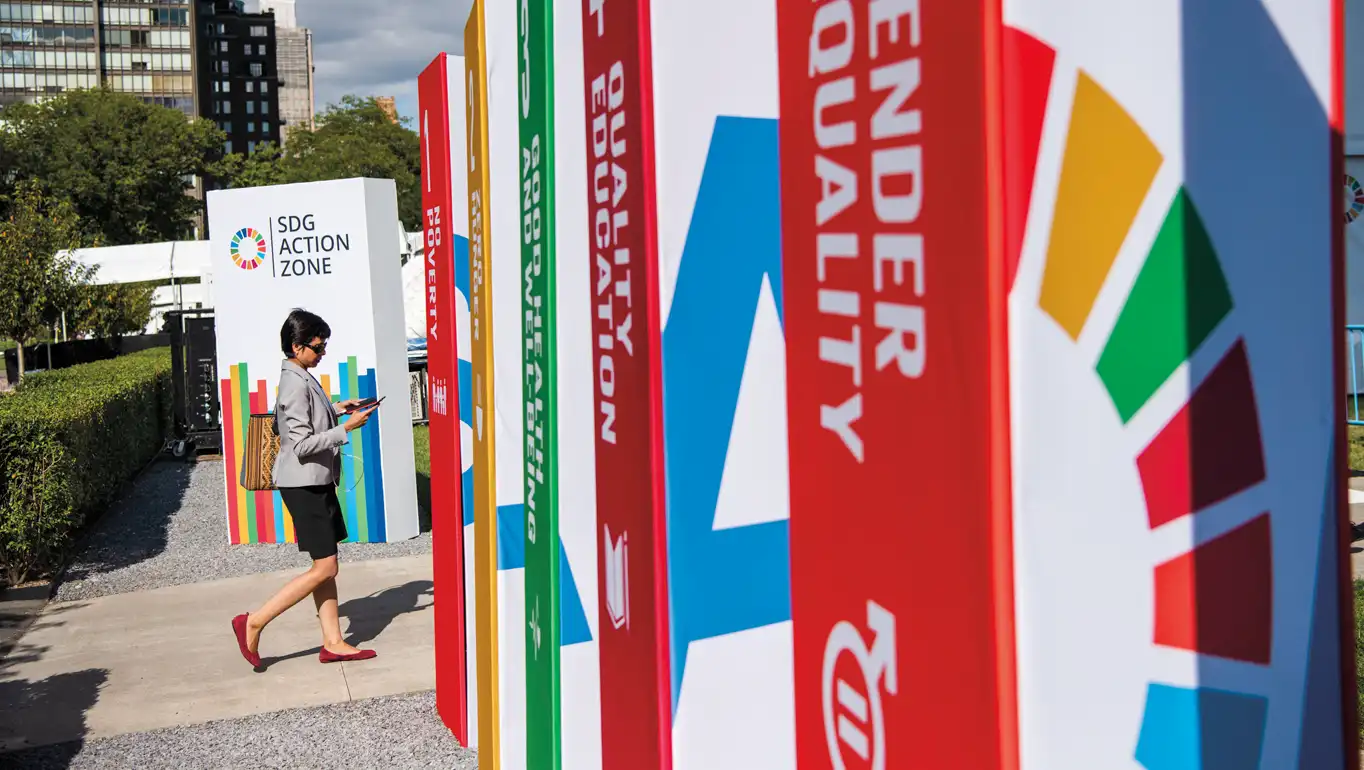As the United Nations marks its 80th anniversary, Secretary-General António Guterres has announced the UN80 Initiative, underscoring the urgent need for a more effective, adaptable, and efficient UN system. In a world facing mounting crises and rapid change, the call for reform is clear: the UN must modernize to continue delivering on its mission. Lifelong education is central to this transformation, preparing professionals to tackle 21st-century challenges and keeping the UN agile and forward-thinking.
A strong UN requires well-trained experts who can navigate the evolving landscape of multilateral diplomacy, international law, and peacebuilding. Investing in education is not only about enhancing the skills of current and future UN civil servants—it is a strategic necessity for strengthening the organization as a whole. As the Secretary-General recently noted in the UN80 press briefing, “the UN is resilient. The UN can adapt itself to the circumstances.” This resilience, however, has to be continually rebuilt and reinforced through education. Continued training is thus essential within the UN system to build the nuanced, responsive expertise needed for effective global governance. And strong, strategic partnerships—both among UN entities and with academia—are key to making this happen.
Recognizing this need, the United Nations Institute for Training and Research (UNITAR), a project-funded institution, has long built its mandate on partnerships with academia, Member States, other UN entities, and the private sector. In today’s geopolitically complex environment, these collaborations are critical to ensuring international institutions remain responsive and resilient. In building global academic partnerships, the UN contributes to the expansion of the educational market, placing global perspectives and cross-cultural academia at the forefront of education. Especially as external pressures intensify, strong partnerships within the UN system are essential for driving innovation and adaptability, safeguarding the organization’s survival and ensuring its mandates are upheld.
One example of collaboration between the UN and leading academic institutions in the field of education is the UNITAR–University for Peace partnership, which is designed to offer joint Master’s and Certificate programs that blend the expertise of these two leading entities in the field of education and training. As the training arm of the UN, UNITAR provides innovative learning solutions to individuals, organizations, and institutions to enhance global decision-making and support country-level action for shaping a better future. UPEACE is a unique global academic institution which was created in pursuance of UN General Assembly Resolution 35/55 in 1980 to train leaders for peace.
The programs offered through this partnership, which cover key areas such as gender, diplomacy, development studies, and international law, equip professionals with the expertise needed to build a more modern and effective multilateral system.
To this end, UN staff members benefit from up to 50% tuition discount for UPEACE-UNITAR programs, making these learning opportunities for career progression more accessible to those already serving within the system. By seizing opportunities like these, professionals can enhance their skills and knowledge, contribute to a more efficient multilateral system, and be better prepared to meet emerging challenges. In a climate where budget cuts and financial pressures are affecting many within the UN system, educational programs like these might represent not only a pathway for career advancement, but also a timely opportunity for professionals to upskill and reposition themselves.
As the UN80 Initiative progresses, it is critical to view education as a strategic imperative, focused on ensuring that the next and current generations of international civil servants are prepared for shaping a more effective and responsive United Nations. In challenging periods, strengthening the capabilities of professionals through learning is essential—not just as a commitment, but as the bedrock of a strong and forward-looking United Nations.



